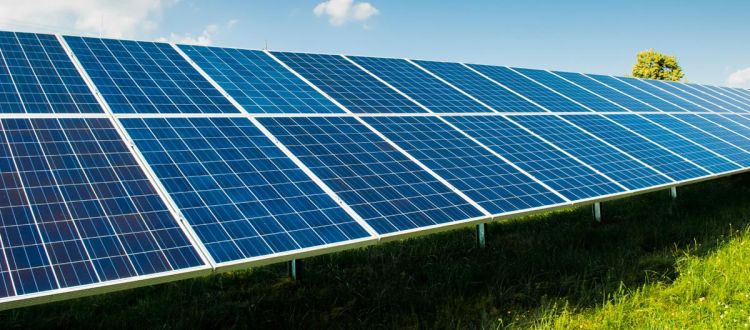05.25.2018
Chile´s program of emission reductions under the Paris Agreement is officially based on three key areas: “Resilience to climate change” (including adaptation and capacity building); “Control of greenhouse gas emissions” that comprises mitigation efforts; and “Cross-support for climate action”, which includes development, technology transfer and green finance.
By 2030, the Government wants to sustainably manage and recover 100,000 hectares of forest and to reforest 100,000 hectares of land. Under the Copenhagen Accord, Chile proposed to undertake Nationally Appropriate Mitigation Actions (NAMAs) to reach an emissions level 20% below business-as-usual by 2020 as projected from 2007.
According to Climate Action, solar photovoltaics and onshore wind costs in the country are as low as $0.03/kWh to $0.04/kWh, and this makes the situation favorable to the further development of solar energy. DAO IPCI provides the protocol to register the reductions via the IoT-based sensors and meters and help avoid the double counting. The Chilean households that join the system of IoT sensors will get rewarded with digital tokens and will be able to trade them.

The project was initiated by the international NGO EnergyLab that obtained a grant from the Chilean government. It’s aimed to make part of the Chilean nationally determined contribution. The prototype that aggregates and transmits data from has already been successfully tested, and the data from the meters has been transferred to the DAO IPCI blockchain.
At the moment EnergyLab team are at the final testing stages of an automated system for calculating the CO2 reductions produced by distributed renewable energy facilities, and other types of energy efficiency projects and electromobility systems for the end users, such as photovoltaic systems for household use, LEDs technology adoption, electric vehicles, etc.
EnergyLab and DAO IPCI work to elaborate a simple and efficient monitoring system, which will allow to collect information on the CO2 reductions of tiny little actions of end users that haven't been monitored before. The system is based on IoT devices, mobile phones and smart meters (depending on the type of actions that are being considered), while the transparency and traceability of the whole system relies on Ethereum blockchain through the DAO IPCI platform.
“Under this distributed CO2 Reduction Program, almost every type of environmental actions performed by anyone of us could be seriously monitored, registered, traded to companies or individuals willing to compensate their carbon footprint. Therefore, we are creating incentives for making this type of climate-friendly behavior something much more common and a relevant part of the solution for tackling climate change,” says Cristian Mosella, Innovation and Climate Change Mitigation Director in the Chilean company Colbun S.A. that builds and operates RE power stations in the country.
Since the system is compliant with the international CO2 accounting rules, it could also help monitor the nationally determined contributions fulfillment progress at a distributed level.
You may also like:
IoT-based renewable energy carbon credits prototype developed in DAO IPCI
Drone Employee successfully tests a pollution-monitoring drone